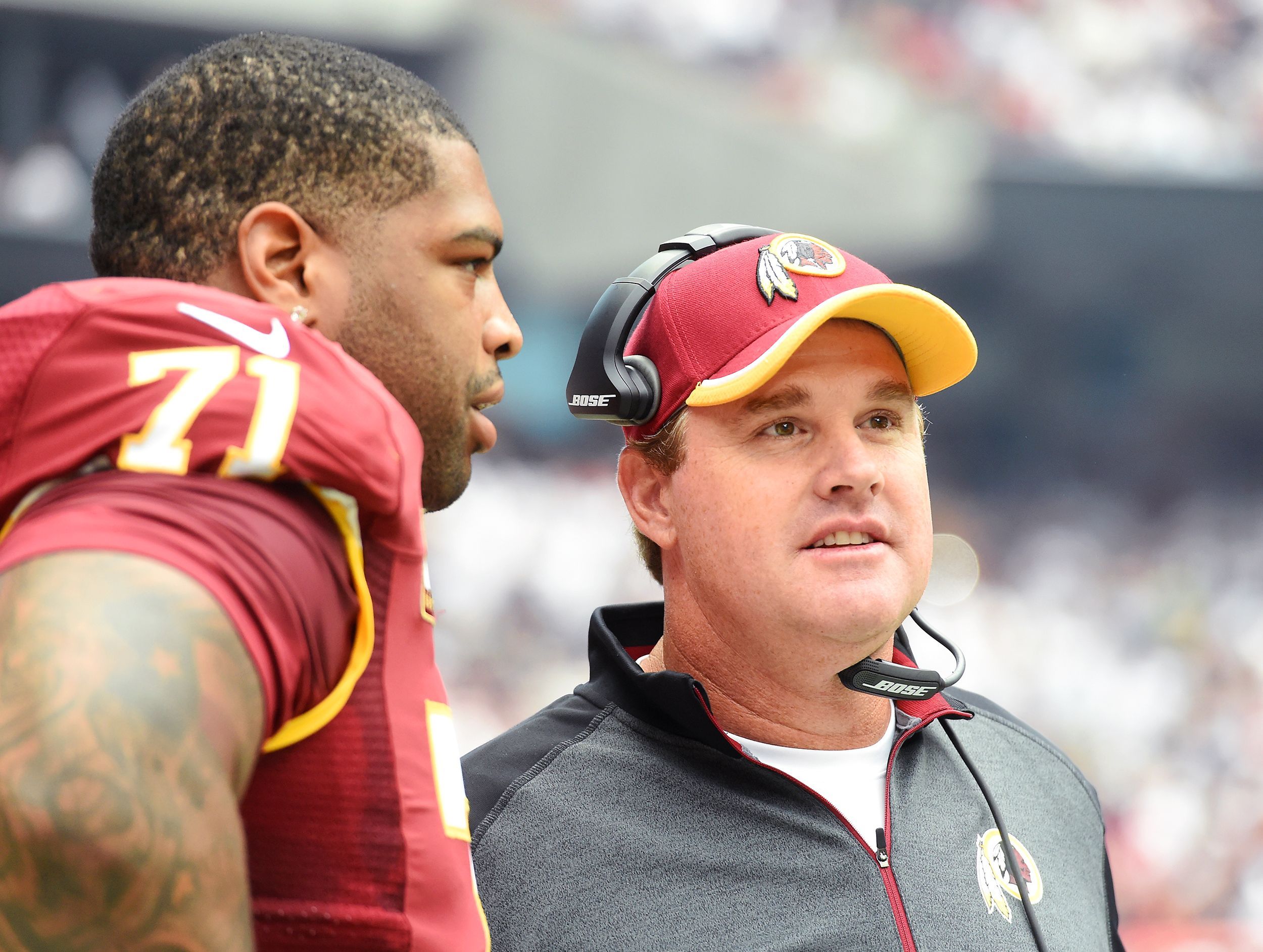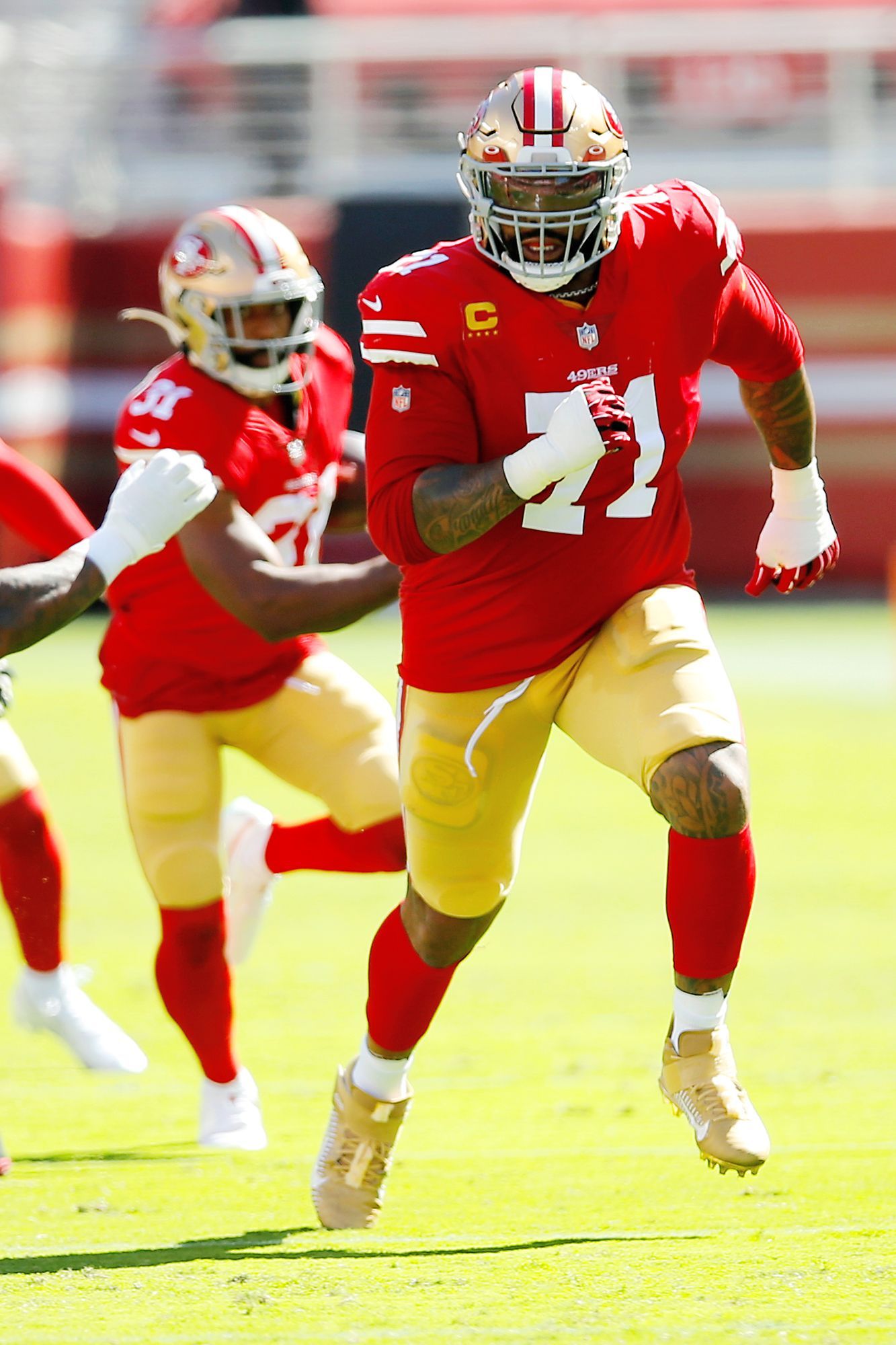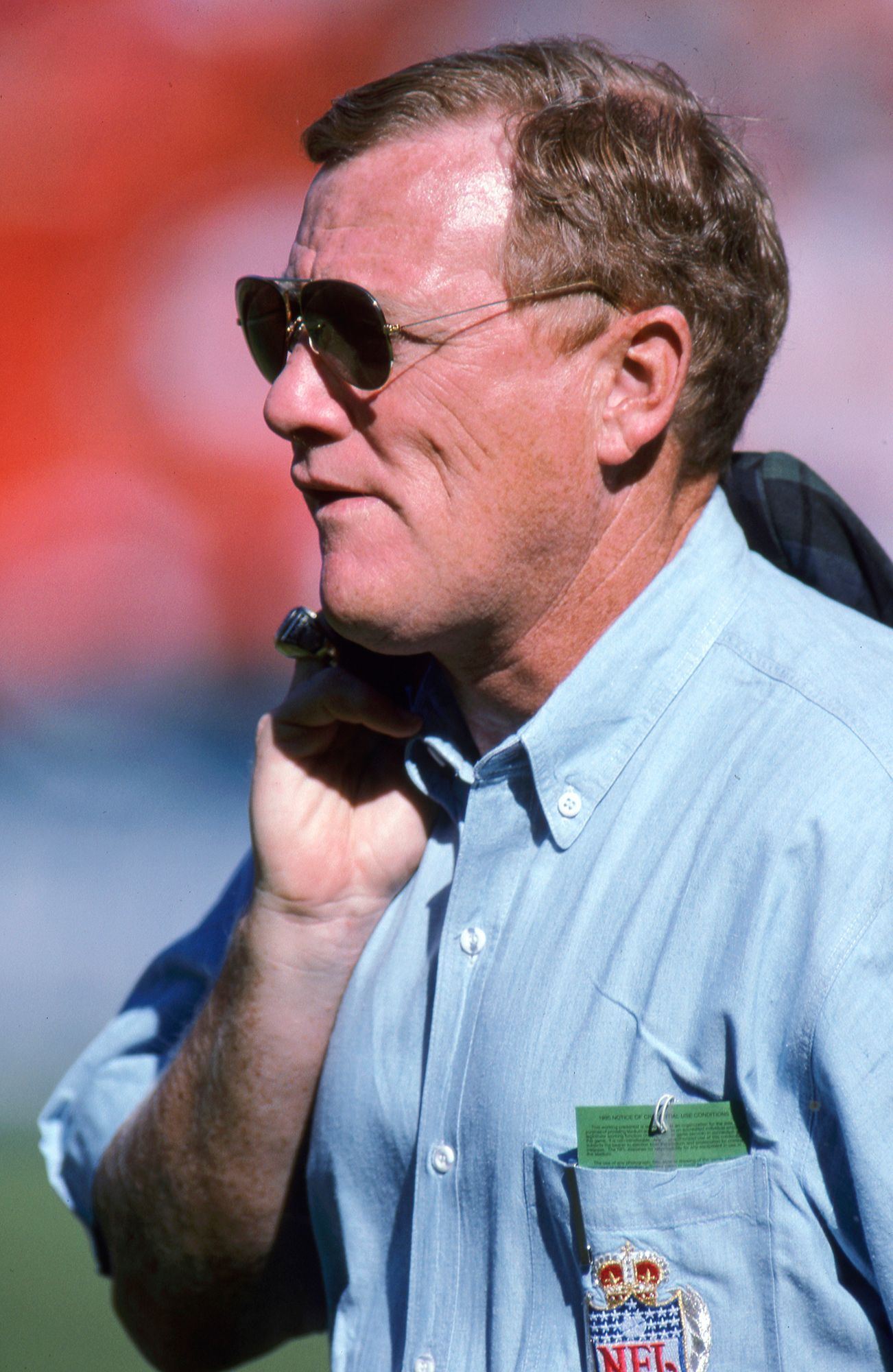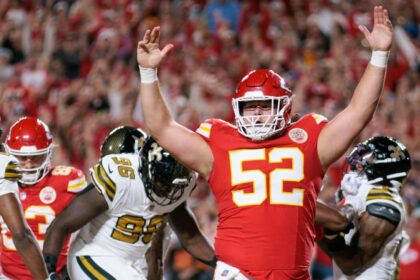The Hard Road of “Holdouts” in the NFL: Perspectives from Within
In the competitive world of the NFL, contract negotiation can lead to tense situations, and one of the most complicated is “holdouts”. This term refers to a player’s refusal to participate in training camp or regular season games due to contractual disagreements. Alofoke Deportes presents a deep look at this phenomenon, exploring the experiences of players, coaches, agents, and general managers. The story of Walter Jones, offensive tackle and future Hall of Famer, illustrates how a simple newspaper article changed the course of his “holdout” in 2002. Jones was seeking a long-term contract with the Seattle Seahawks, and after missing training camp, he extended his absence to the first two regular season games. It was while reading a newspaper at his home in Huntsville, Alabama, that Jones was forced to sign an agreement the same day. The article detailed the amount of money he was losing. The harsh reality of missing weekly checks during the season convinced him to sign the franchise offer for $4.92 million.The “holdouts” entail significant emotional and financial challenges. Players face uncertainty about their future and the loss of time with their teammates. General managers deal with pressure from fans, owners, and coaches. Agents negotiate deals and manage players’ emotions. And, coaches are forced to adapt, awaiting the return of their best players. Agent Vince Taylor, with experience in multiple “holdouts”, warns about the harshness of this situation. “Don’t press that button unless you really plan to go all the way,” advises Taylor. With the opening of NFL training camps, possible high-profile “holdouts” are emerging, such as Cincinnati Bengals defensive end Trey Hendrickson and Washington Commanders wide receiver Terry McLaurin, both with one year remaining on their current contracts. The “holdouts” have a high cost, with fines of $50,000 per day. Although teams could previously waive these fines, a change in the collective bargaining agreement from March 2020 closed that door, allowing relief only to players with rookie contracts. Bill Polian, former NFL general manager, describes the situation as a “constant gag order”.“The article said: ‘This is how much money Walter is losing.’ And I thought: ‘Wait, I don’t want to lose money.’ So I went to sign,” Jones recounted.
Walter Jones

In the summer of 2019, then-Washington coach Jay Gruden felt helpless. His job was on the line and his team was recovering from a season marked by injuries. In addition, his best offensive player, Trent Williams, was in “holdout”. Gruden had to deal with the situation of replacing Williams, one of the best tackles of all time. “It’s difficult because you count on your best players to play,” said Gruden.
Gruden learned firsthand how little power coaches have during this process. Williams’ absence, added to the injuries of other players, affected the team’s performance, which ended the season with a 3-13 record.











